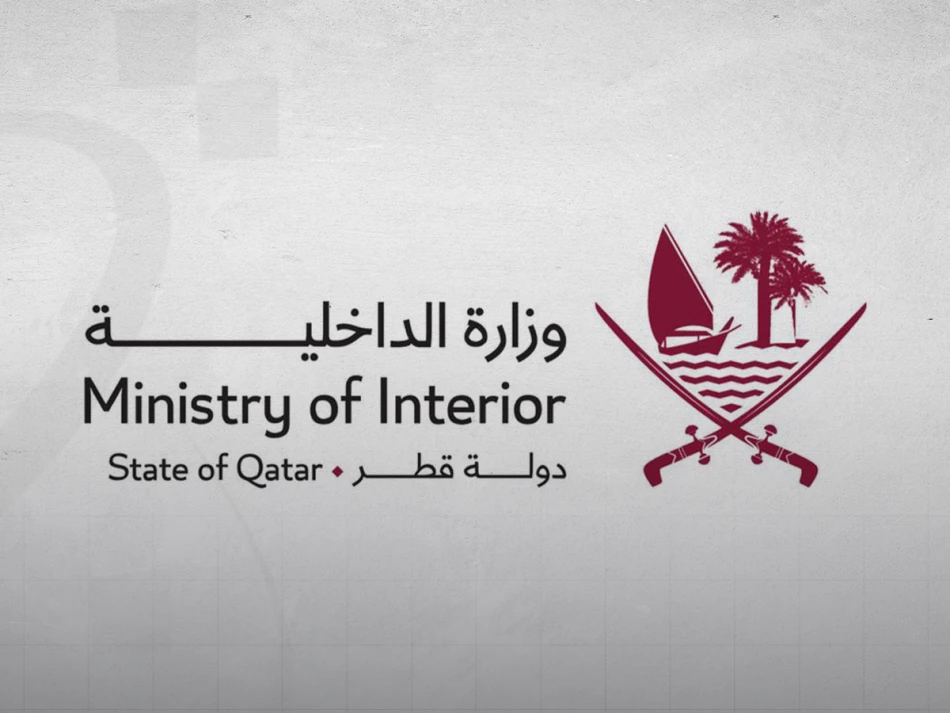
Qatar Announces Funeral Prayers for Victims of Israeli Attack
Qatar Announces Funeral Prayers for Victims of Israeli Strike on Doha Residential Buildings
Qatar's Ministry of Interior has announced funeral arrangements for victims killed in an Israeli attack on residential buildings in Doha, including a member of the country's internal security forces. The incident marks a significant escalation that brings the Gaza conflict directly onto Qatari soil, potentially reshaping the Gulf state's role as a regional mediator.
Funeral Details and Official Response
The Ministry of Interior confirmed that funeral prayers will be held after afternoon prayers today at Sheikh Mohammed bin Abdul Wahhab Mosque, with burial to follow at Mesaimeer Cemetery. Among the victims is Corporal Badr Saad Mohammed al-Hamidi al-Dosari from the Internal Security Force (Lekhwiya), who has been designated a "martyr of duty" by Qatari authorities.
In an official statement, the ministry extended condolences to the families of the victims while emphasizing that relevant agencies continue implementing all necessary measures to protect lives and property.
Strategic Implications for Qatar's Mediation Role
This attack represents a dramatic shift in the conflict's geography, directly targeting Qatar despite its position as a key mediator in Gaza ceasefire negotiations. Qatar has historically maintained a delicate balance, hosting Hamas leadership while simultaneously working with Israel and the United States on diplomatic solutions.
The targeting of residential buildings in Doha suggests either a significant intelligence failure or a calculated escalation that could fundamentally alter Qatar's willingness to serve as a neutral intermediary. For months, Doha has been central to hostage release negotiations and humanitarian aid coordination.
Regional Security Concerns
The involvement of Qatar's Internal Security Force indicates this was not merely a civilian target but potentially aimed at state security infrastructure. Lekhwiya, established in 2013, serves as Qatar's elite internal security unit, responsible for protecting critical infrastructure and maintaining domestic stability.
This development may prompt other Gulf Cooperation Council members to reassess their own security postures, particularly the UAE and Saudi Arabia, which have been normalizing relations with Israel through the Abraham Accords framework.
Impact on Regional Diplomacy
Qatar's response to this attack will likely determine the future of Middle East peace efforts. The country could either withdraw from mediation efforts entirely or leverage this incident to demand stronger international intervention. Given Qatar's significant investments in regional stability and its hosting of the 2022 World Cup, maintaining its reputation as a safe haven has been paramount to its foreign policy strategy.
The timing is particularly sensitive, as Qatar has been working alongside Egypt and the United States to broker a comprehensive ceasefire deal. This attack may either accelerate those efforts or collapse them entirely, depending on how regional actors choose to respond.
Most Viewed News

 Sara Khaled
Sara Khaled






